What You'll Learn About Organic Methods to Deter DeerComprehensive understanding of organic methods to deter deerInsights into the most effective natural deer repellentsPractical ways to minimize deer damage using organic practicesHow to identify deer activity and adapt your approach accordinglyAnswers to frequently asked questions about organic deer deterrentsAre You Protecting Your Garden the Right Way? Discover Proven Organic Methods to Deter DeerIf you’re a gardener facing the constant challenge of keeping deer out of your property, you’re not alone. As deer populations thrive and adapt to suburban and rural areas, the impact on gardens, raised beds, and landscapes can be devastating. Organic methods to deter deer are increasingly recognized as the safest, most sustainable approach for homeowners who care about their families, food, and the surrounding environment. Unlike chemical repellents that may harm pets, pollute runoff, or kill beneficial insects, natural deer repellent options protect your plants while supporting local wildlife and broader ecosystems.Whether you’re guarding a vegetable garden, a collection of ornamental shrubs, or a series of newly planted trees, there’s an organic solution suited for your needs. By combining practical barrier techniques, proven scent-based repellents, and even strategic planting choices, you can protect your plants from deer browsing and enjoy a thriving garden bed without constant worries about deer damage. The strategies in this comprehensive guide will empower you to identify deer activity, prevent further damage, and adapt to changing deer pressure throughout the seasons.Why Consider Organic Methods to Deter Deer in Your Yard?Organic deterrents are the preferred choice for homeowners who want to avoid the risks associated with synthetic chemicals. Not only do these methods support a healthier garden by protecting beneficial wildlife, but they also reduce your exposure to residues often left by commercial products. With growing concerns about environmental sustainability, choosing natural deer repellent options like scent-based sprays, physical barriers, and companion planting helps maintain the balance of your landscape while effectively deterring deer from eating your prized plants.In addition, organic methods can be adapted seasonally and tailored to your property’s unique layout, deer population, and attractants. This flexibility ensures that your strategy evolves alongside shifting deer activity—whether you’re seeing nighttime visitors or heavy browsing in the spring and fall. By learning what techniques work best in your area and stacking organic approaches, you’ll minimize deer damage in both vegetable gardens and ornamental beds, all while avoiding unintended harm to pets, kids, or pollinators.Benefits of Choosing a Natural Deer Repellent Over ChemicalsSwitching to organic methods offers significant advantages for your property and the local ecosystem. Chemical deer repellents can leave unsightly residues, harm sensitive plants, and even drive away pollinators critical for fruit and vegetable gardens. On the other hand, natural repellents derived from household ingredients, safe commercial blends, or living barrier plants are safer for you, your children, and your pets. Plus, many organic solutions like strong-smelling herbs—lavender, mint, or garlic—actively enhance your garden beds while masking odors that attract deer.Another overlooked benefit of organic deer deterrents is their synergistic effect when combined. Physical barriers such as a proof fence, deer netting, or raised beds can be layered with scent deterrents and plant-based solutions for maximum results. By using these approaches together and applying them regularly, you’ll not only protect your landscape today but also reduce long-term deer pressure without introducing potentially toxic substances. That means healthier soil, cleaner water, and a truly sustainable landscape for seasons to come."Chemical repellents often harm more than help. Organic methods protect your landscape and local wildlife."Understanding Deer Activity and Deer Damage: The Problem at a GlanceSuccessfully preventing deer from eating your plants starts with understanding how and why deer visit your property. Deer activity fluctuates throughout the year, driven by food availability, population trends, and changes in surrounding habitats. In areas with high local deer populations, even the most urban gardens can experience significant deer damage—from stripped bark on young trees to garden beds trampled overnight. Recognizing the signs of deer browsing and tracking movement patterns is essential for adapting your defensive strategies and implementing the most effective organic methods.Addressing deer damage early reduces long-term impact and allows for timely deployment of scent repellents, physical fences, or resistant plants. Remember, deer can jump remarkably high (often over six feet), making it crucial to build robust barriers or rely on complementary organic deterrents. Whether you’re working with a single raised bed or multiple garden beds across your landscape, learning to spot the subtle but telltale indicators of deer activity will help you stay one step ahead.Recognizing Signs of Deer Damage in the LandscapeDeer leave behind a unique pattern of damage that differs from rabbits or groundhogs. Look for rough, torn leaves and stems, which result from deer’s lack of upper incisors. Stripped bark on young trees, nibbled buds on flowering shrubs, and clusters of tracks or droppings around your property’s edges all signal a high likelihood of deer browsing. In vegetable gardens, missing shoots and trampled paths—especially near the perimeter—point to repeated deer visits.Another common sign of deer damage includes ragged, uneven edges on hosta, daylily, and other preferred ornamentals. Unlike rodent feeding, these marks are larger and less precise. Damage is often most severe in late winter and early spring, when natural food sources are scarce. Regular inspection of garden beds, raised beds, and fence lines for tracks, droppings, and browse marks helps you target organic deterrent efforts for both prevention and recovery.Monitoring Local Deer Population and MovementPlanning your defense against deer begins with understanding the habits and numbers of the deer population near your property. Daily or weekly checks at dawn and dusk can reveal deer trails, flattened grass, or fresh tracks in soft soil. Motion-activated cameras or tracking apps offer extra insight into the timing and route of deer activity, allowing you to adapt your deterrent placement and application schedules.Pay attention to seasonal shifts; autumn brings increased deer pressure as they seek food before winter, while spring may see young fawns or hungry adults exploring new feeding grounds. Residents near parks, woodlands, or farmland should be particularly vigilant as local deer face changing habitats and may expand their range into gardens. By mapping these patterns, you can anticipate peak browsing periods and maximize your organic deer repellent strategies for lasting success.Factors Influencing Deer Activity in Your AreaSeveral variables directly affect how often deer visit and harm your garden. The density of natural food sources—such as acorns, wild berries, or field crops—plays a major role. When supply is low, deer are more likely to invade garden beds and residential landscapes. Weather also has a pronounced effect: snow cover, drought, and extreme temperatures push deer to seek alternative nutrition, often in homeowners’ yards.The design of your property—including proximity to forest edges, thickness of hedgerows, and types of plants grown—can either invite or discourage deer activity. Open, unfenced spaces with abundant soft foliage or fruit are high-risk. By recognizing these factors and responding with targeted organic methods, you can significantly reduce vulnerability and prevent extensive deer damage in both ornamental and food-producing gardens.Comparison of Common Deer Damage Indicators and Deter StrategiesDeer Damage IndicatorDescriptionRecommended DeterrentBrowse MarksJagged tears on leaves, stems, or flower budsScent-based repellent, deer resistant plants, proof fenceTracksHoofprints in garden beds and mudNetting, electric fencing, motion sensorsDroppingsSmall, dark pellets clustered under shrubsScent deterrents, change of planting schemeTrampled SoilFlattened paths through garden bedsRaised beds, wire fence, human hair, scare tacticsTop Organic Methods to Deter Deer: A Detailed GuideProtecting your garden with organic methods to deter deer is all about layering strategies for maximum effect. The most successful deer deterrent plans combine scent-based repellents, physical barriers, DIY solutions, and plant selection—all tailored to your location and deer pressure. Here, we break down proven methods so you can choose the best combination for your landscape.Whether you’re just seeing your first traces of deer activity or you’ve been battling persistent deer damage for years, these tips will help you build an eco-friendly approach that gets results. Remember: the more varied and regularly applied your defenses, the more effective your deer deterrents will be at all stages of the season.Scent-Based Organic Deer Repellent SolutionsHomemade sprays (garlic, rotten eggs)Commercial organic deer repellent productsPlants with strong odors (lavender, mint, sage)Scent-based deterrents are among the most popular organic methods to deter deer, providing a flexible way to repel deer without harming your garden. Homemade sprays using water, garlic, and occasionally rotten eggs or hot peppers can be made in minutes and applied to the perimeter of garden beds, raised beds, and plants at greatest risk. These ingredients emit a strong odor that interferes with deer’s sense of smell, making your landscape less appealing.For added convenience, certified organic deer repellent products are available commercially, often combining putrescent egg solids, essential oils, or predator urine in easy-to-use formulas. Refresh these repellents after rain or every couple of weeks—frequency is key for maintaining effectiveness. Complementing sprays with aromatic plants such as lavender, mint, or sage not only deters deer but enhances your property’s beauty and supports pollinator populations.Physical Barriers: Using Proof Fence and Netting to Deter DeerBuilding a deer-proof fenceNetting and covering strategies for delicate plantsPhysical barriers are the most reliable way to prevent deer from eating and trampling your plants, especially in high-traffic areas or where deer can jump standard garden fences. A deer-proof fence should be at least eight feet high—deer have excellent depth perception and can easily leap over shorter structures. Choose a sturdy wire fence or electric fencing for the most determined deer populations, or consider double-fencing two four-foot barriers spaced a few feet apart; this confuses deer’s flight instincts and is nearly as effective.For vegetable gardens, raised beds, or groups of delicate ornamentals, deer netting provides a lightweight but effective shield. Flexible mesh can be draped over individual plants or entire plots and removed as needed. Combining fencing with netting or chicken wire protects both mature stands and newly seeded garden beds, while also deterring rabbits and other critters. Barriers require some investment and maintenance, but offer unmatched peace of mind for property owners in high deer pressure zones.See the video tutorial: How to Build a Simple Deer-Proof Fence (Step-by-Step)Natural Deterrents: Human Hair, Soap, and DIY SolutionsHow human hair deters deerBar soap repellentDIY repellent blendsCurious about the easiest organic method to start today? Try human hair or bar soap. When distributed in mesh bags or tied directly to plants, human hair confuses deer by mimicking the scent of humans—a natural predator. Visit your local barber or salon for hair clippings, then refill bags as the scent fades. Another time-honored trick is hanging strong-scented soap bars (unwrapped) from stakes or branches; the unfamiliar odor and taste discourage deer browsing near your favorite plants.DIY repellent blends, whether based on eggs, garlic, hot pepper, or combinations thereof, can be tailored to your needs. For large areas or shifting deer activity, rotate these solutions every few weeks to prevent deer from acclimating. Always reapply after rainfall and inspect the garden regularly to ensure your chosen deterrent is still in place—consistency and variety increase long-term success in keeping deer at bay using organic methods.Plant-Based Approaches to Deter Deer from GardensSelecting deer-resistant plantsCompanion planting for natural deer repellent effectThe plants you choose can be your first line of organic defense. Deer typically avoid species with tough, fuzzy, or aromatic foliage. Popular deer resistant options include lavender, mint, sage, marigold, yarrow, and agastache. Plant these in strategic belts or as borders around your vegetable garden and ornamental garden beds to “train” deer to bypass your property in search of easier meals. When browsing does occur, damage is usually minimal, and the integrity of the landscape remains preserved.Companion planting takes this idea further by using natural plant partnerships for added protection. Interplanting highly attractive targets with less palatable species increases the scent- and taste-based deterrence for foraging deer. For example, alternating vegetables with alliums (onion and garlic family) or fragrant herbs discourages close contact. Over time, as deer learn which properties consistently offer poor rewards, your garden transforms into a far less attractive destination for repeated deer activity.Adapting Organic Methods to Deter Deer: Seasonal Tips & Site-Specific AdjustmentsOne-size-fits-all solutions rarely work for the long haul—especially as deer activity changes with the seasons, the local deer population adjusts, and plantings mature. Customizing your organic methods to deter deer ensures resilient protection year-round, from spring’s new shoots to winter’s scarce food conditions.Consider integrating new deterrent techniques each season, maintaining and rotating existing barriers, and monitoring how deer pressure shifts after landscapers, construction, or habitat changes in your area. Stay flexible and observant—these qualities are the true secret to a deer-proof landscape.How Deer Activity Shifts Across the SeasonsDeer are opportunistic feeders, adjusting their movements to seasonal food supplies and weather. Spring brings the temptation of tender shoots and blooming buds. Summer often sees deer venturing into garden beds and lush landscapes due to drought or young fawns seeking new territory. In autumn, the need to bulk up for winter increases deer pressure on fruiting shrubs, fallen apples, and late vegetables. Winter concentrates deer feeding in areas with little snow cover or available browse—often near homes and accessible raised beds.Adapting your deterrent efforts through these peaks may mean installing fresh netting in the fall, intensifying spray schedules in spring, or reinforcing fencing before winter’s first snow. The goal is to stay one step ahead of the deer population by predicting their needs and limiting opportunity at every turn.Adapting to Local Deer Population ChangesAdjusting repellent formulasRotating deer deterrent techniquesDeer can adapt to repeated deterrents over time, especially in suburban and urban areas where their fear of humans is diminished. Switching between repellent types (for example, alternating homemade and commercial sprays, or rotating between different aromatic plants) reduces the likelihood of habituation. If deer begin to return despite your efforts, ramp up your approach by combining scent-based repellent, hard physical barriers such as a proof fence, and timely plant replacement.Monitoring local deer numbers is crucial after new developments or changes in surrounding land use. Rapid increases in deer population can overwhelm a single method, so reinforce with added layers. If you notice sudden drops in effectiveness, revisit older techniques or introduce scare tactics for a “startling” new element. By staying flexible and observant, you’ll maintain the upper hand against even determined foragers.Lists of Proven Organic Methods to Deter Deer: Quick ReferenceScent deterrents: garlic, rotten egg sprays, herbal blends, commercial organic repellentsPhysical barriers: proof fence, deer netting, wire fencing, electric fencing, raised bedsPlant choices: deer-resistant perennials, aromatic herbs, companion plantingDIY home remedies: human hair, strong-smelling soap, predator urine, scare tactics, motion-detection devicesKey Takeaways: Mastering Organic Methods to Deter DeerOrganic deer deterrents offer long-term, wildlife-friendly protectionLayering multiple methods yields better resultsMonitoring deer activity helps tailor deterrent strategiesExperts Answer: People Also Ask About Organic Methods to Deter DeerWhat is the best natural deer deterrent?The best natural deer deterrent is often a layered approach: combining physical barriers like a deer-proof fence or netting, scent-based repellents (such as homemade garlic sprays), and deer-resistant plants. No single method guarantees complete protection, but applying these strategies regularly—especially during peak deer activity—offers the best defense for your garden.What smells do deer hate the most?Deer are highly sensitive to certain odors. They tend to avoid strong-smelling substances like garlic, rotten eggs, predator urine, bars of scented soap, and herbs such as lavender or mint. Using sprays, sachets, or aromatic border plantings can turn your garden into an unappealing destination for browsing deer.What do farmers use to repel deer?Farmers use a mix of deterrents, most commonly tall wire fences, electric fencing, and organic repellents made from eggs, garlic, or essential oils. Many also plant deer-resistant crops around more vulnerable fields, and some use scare tactics—like motion-activated lights or noise—to keep deer at bay. Regular rotation and reapplication of repellents are key to preventing deer from adapting.Do coffee grounds repel deer?While coffee grounds contain strong odors that might temporarily confuse deer, they are not consistently effective on their own. Some gardeners report minor reductions in deer browsing, but coffee grounds are best viewed as a supplementary deterrent rather than your primary line of defense. Combine them with other organic methods for a stronger result.Frequently Asked Questions on Organic Methods to Deter DeerHow often do organic deer repellents need reapplication?Most organic repellents—especially sprays—should be reapplied every two weeks or after rainfall. Regular monitoring ensures protection remains strong and adapts to changes in deer activity.Are organic repellents safe for pets and wildlife?Yes. Homemade and commercial organic repellents are designed to be non-toxic for pets, children, and beneficial insects, making them ideal for eco-conscious landscaping.Can organic methods to deter deer work in all climates?Absolutely. Techniques like fencing, resistant plant choices, and certain repellents can be tailored for any region or season. Monitor local conditions and adapt for best results.Is fencing always necessary?Not always. For small gardens or low deer pressure areas, scent-based deterrents and resistant plants may suffice. High populations or valuable crops often require a sturdy deer-proof fence.Conclusion: Choose Organic Methods to Deter Deer for Lasting, Eco-Friendly Results"Nature-friendly solutions are the future of sustainable landscaping—protect your landscapes, nurture local ecosystems, and enjoy peace of mind."Grow Your Landscaping Expertise—Call 203-271-7991 or Visit TreeGuardianNews.com to Subscribe.To enhance your understanding of organic methods to deter deer, consider exploring the following resources:“How to Manage Garden Pests: The Deer Dilemma” (organicauthority.com)This article provides six effective, non-harmful strategies to protect your garden from deer, including the use of coffee grounds, bonemeal, and specific plant choices.“What Homemade Deer Repellent is Safe for Plants?” (enviroliteracy.org)This resource offers detailed recipes for safe and effective homemade deer repellents, such as rotten egg and garlic sprays, to help safeguard your plants.If you’re serious about protecting your garden using organic methods, these resources will provide you with practical solutions and insights to deter deer effectively.
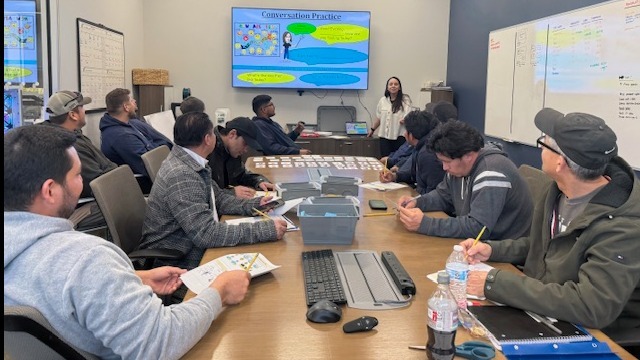
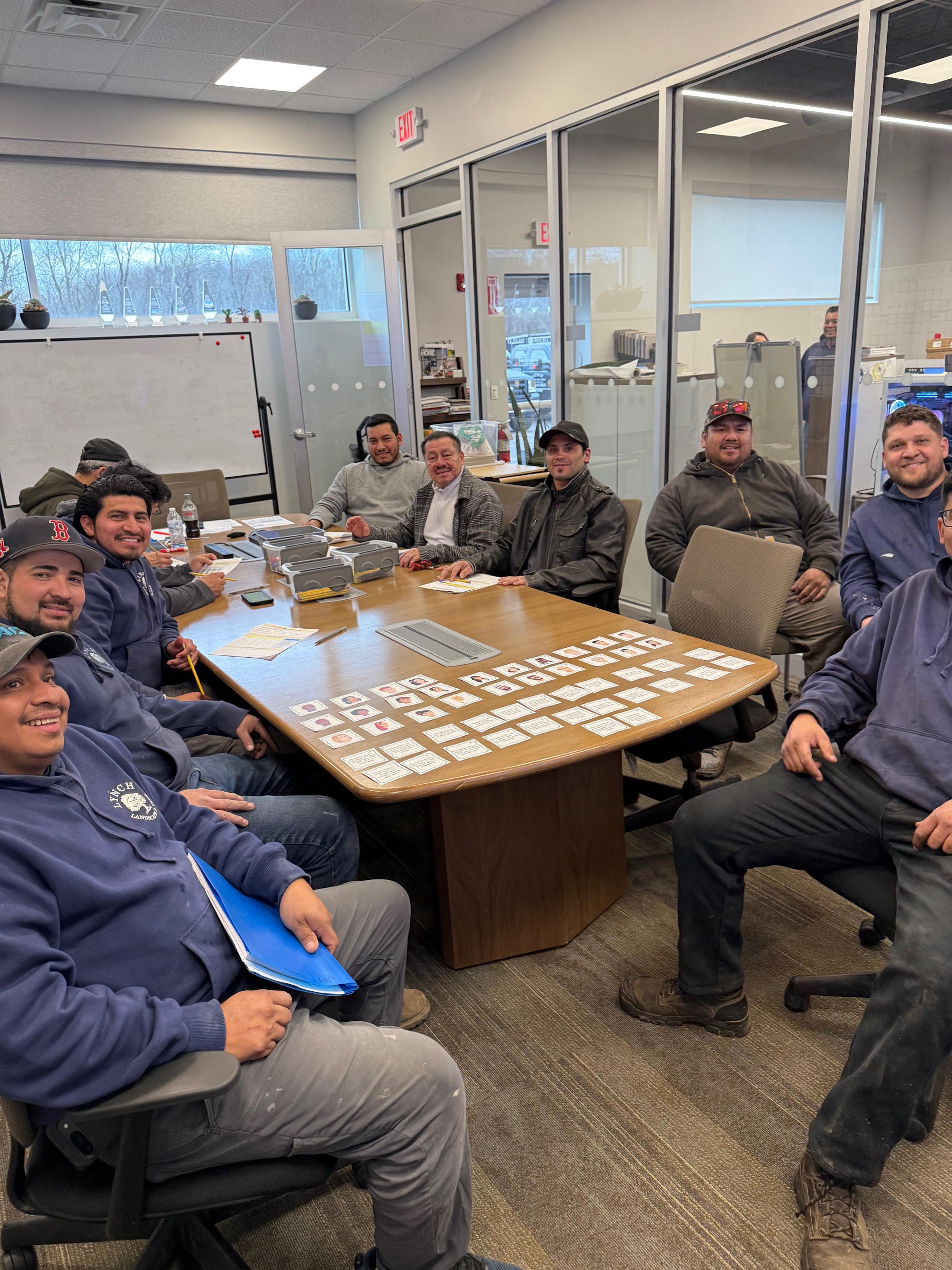
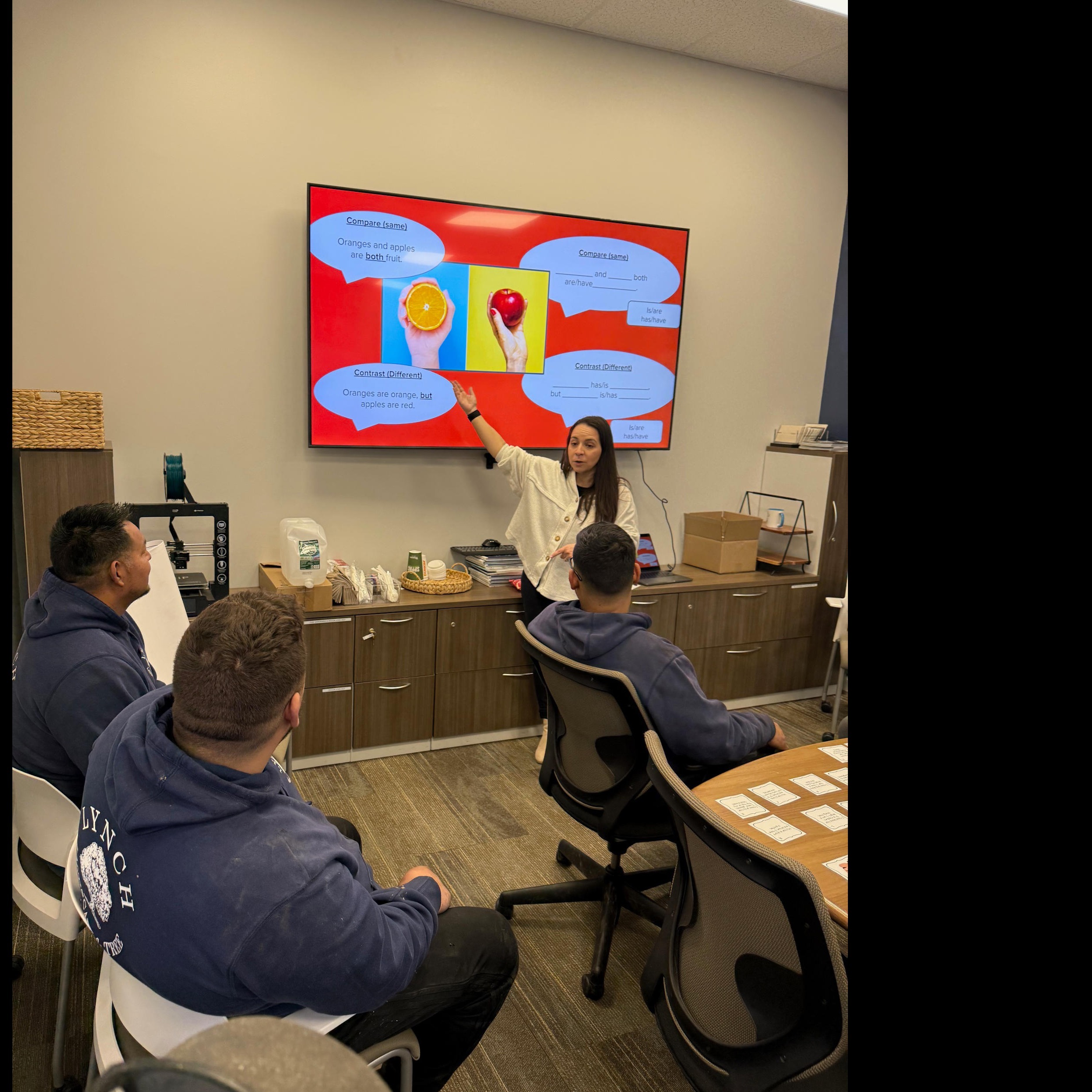
 Add Row
Add Row  Add
Add 

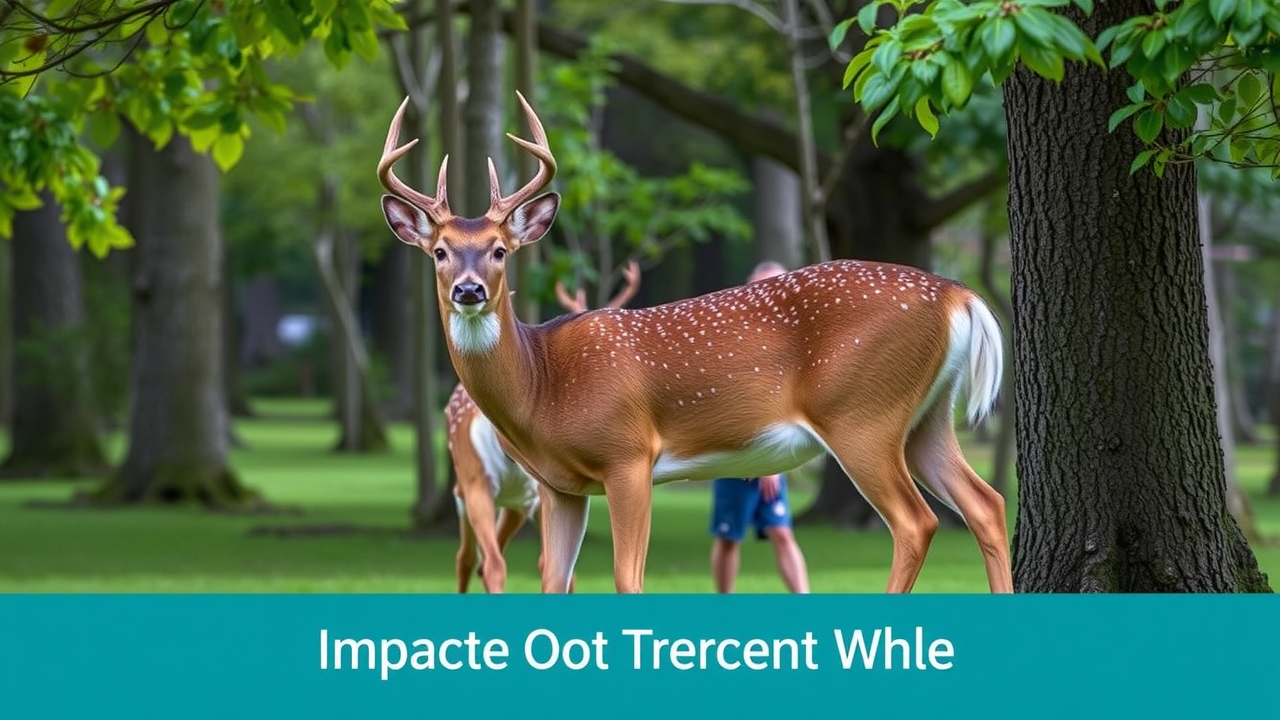
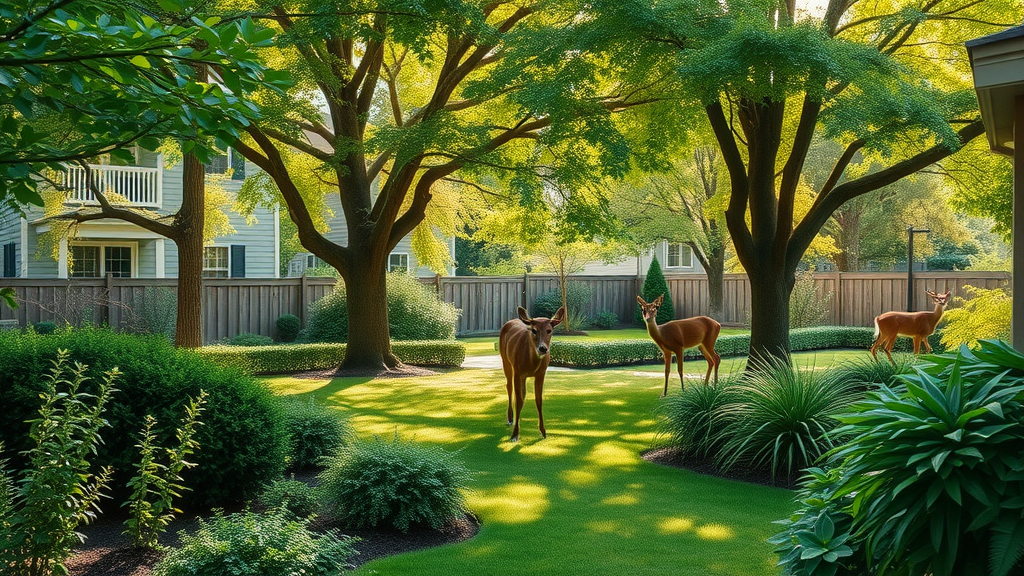

Write A Comment